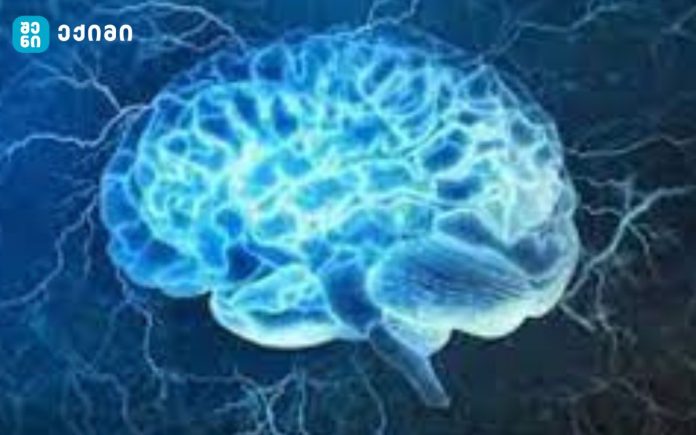ტვინი სიკვდილის შემდეგაც აგრძელებს მუშაობას!
პროფესორი გიორგი ფხაკაძე,
საზოგადოებრივი ჯანდაცვის ინსტიტუტის (PHIG) თავმჯდომარე, ჯანმოს ექსპერტი, გაეროს გენერალური მდივნის ყოფილი მრჩეველი:
“ეს კვლევა აჩვენებს, რომ ადამიანის ტვინი სიკვდილის პროცესში აქტიურად მუშაობს. შესაძლოა, ეს აღმოჩენა გვაძლევდეს ახალ წარმოდგენას იმაზე, თუ როგორ ვგრძნობთ და ვაცნობიერებთ სიცოცხლის დასასრულს.”
მეცნიერები მიიჩნევენ, რომ ტვინი სიკვდილის შემდეგაც აგრძელებს მუშაობას და აქტიურია სიცოცხლის ბოლო მომენტებში.
ახალი კვლევების თანახმად:
30 წამით ადრე და 30 წამით გვიან გულის გაჩერების შემდეგ, ტვინში ჩნდება გაძლიერებული გამა-ტალღები – ეს ტალღები დაკავშირებულია მეხსიერებასთან, ყურადღებასა და ცნობიერებასთან.
გამა-ტალღების არსებობა სიკვდილის მომენტში შესაძლოა მიუთითებდეს მეხსიერების გააქტიურებას, ცხოვრების ბოლო მომენტების გახსენებას ან ცნობიერების სხვა პროცესებს.
ტვინის აქტივობა შესაძლოა გაგრძელდეს რამდენიმე წამიდან რამდენიმე საათამდე გულის გაჩერების შემდეგაც!
მეცნიერებმა დააფიქსირეს, რომ ზოგი პაციენტის ტვინმა გულის გაჩერების შემდეგაც განაგრძო ფუნქციონირება – ეს არღვევს ტრადიციულ წარმოდგენებს იმის შესახებ, თუ როდის ხდება რეალური “სიკვდილი”.
ეს კვლევები აღძრავს ახალ კითხვებს იმაზე, თუ როგორ არის დაკავშირებული ტვინის ფუნქცია და ცნობიერება სიცოცხლის ბოლო ეტაპებზე. შესაძლოა, სიკვდილის პროცესი ბევრად უფრო რთული იყოს, ვიდრე აქამდე გვეგონა.
წყარო:
შენი ექიმი – ბუნებრივი მკურნალობა და ჰოლისტიკური ჯანმრთელობა: sheniekimi.ge
შენი ამბები – ფაქტები, რჩევები და აქტუალური თემები: sheniambebi.ge
https://www.pnas.org/doi/full/10.1073/pnas.2216268120
#გიორგიფხაკაძე #drpkhakadze #აქხარისხია #მეცნიერება #ტვინი #სიკვდილი #ცნობიერება
@[61552603185704:2048:SheniEkimi.ge • http://xn--podalbard8ewa.ge/]
@[61554408115760:2048:SheniAmbebi.ge • http://xn--lodcajcveug2j.ge/]
Your brain still works after death.
Research suggests that the brain remains highly active during the moments leading up to and following death. In fact, research shows that brain activity even continues for a short time after death.
A groundbreaking study revealed that in the 30 seconds before and after a patient’s heart stopped, their brain exhibited a surge of gamma waves, which are typically associated with higher cognitive functions such as memory, attention, and consciousness. These gamma waves are thought to be involved in processes like recalling memories or focusing attention, indicating that the brain may engage in significant mental activity as life ends.
In addition to the surge of gamma waves observed around the time of death, another study found that brain activity can persist for seconds to even hours after the heart stops beating.
This research examined the brain activity of individuals in comas and on life support, revealing that the brain doesn’t immediately shut down after cardiac arrest. In some cases, brain function continued well beyond the moment when the heart ceased to pump, challenging traditional notions about the precise moment of death.
These findings suggest that the brain may remain active and engaged in certain processes, even after the body has begun to shut down. This prolonged activity raises further questions about the dying process and how brain function relates to consciousness, offering a new perspective on the transitions between life and death.




